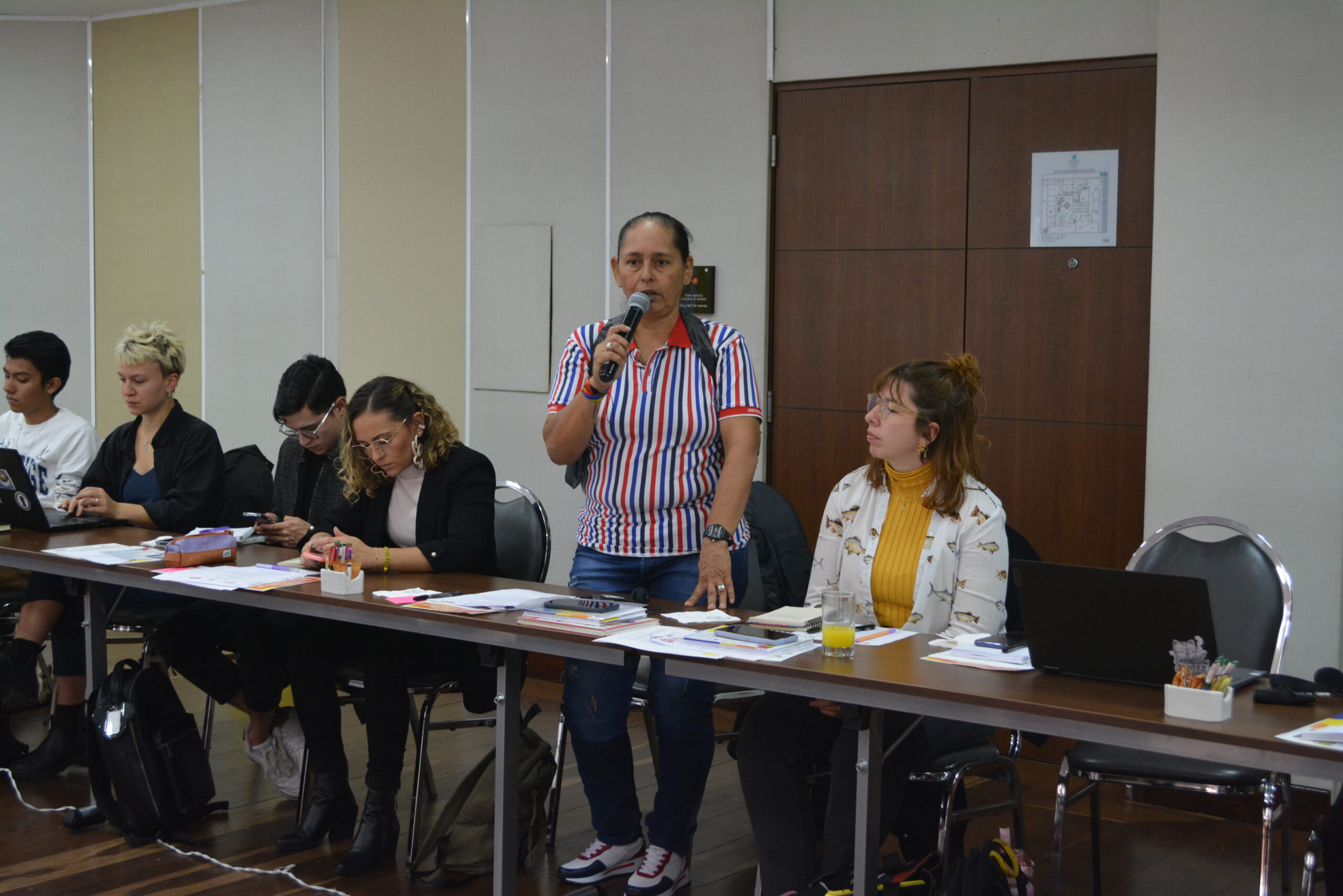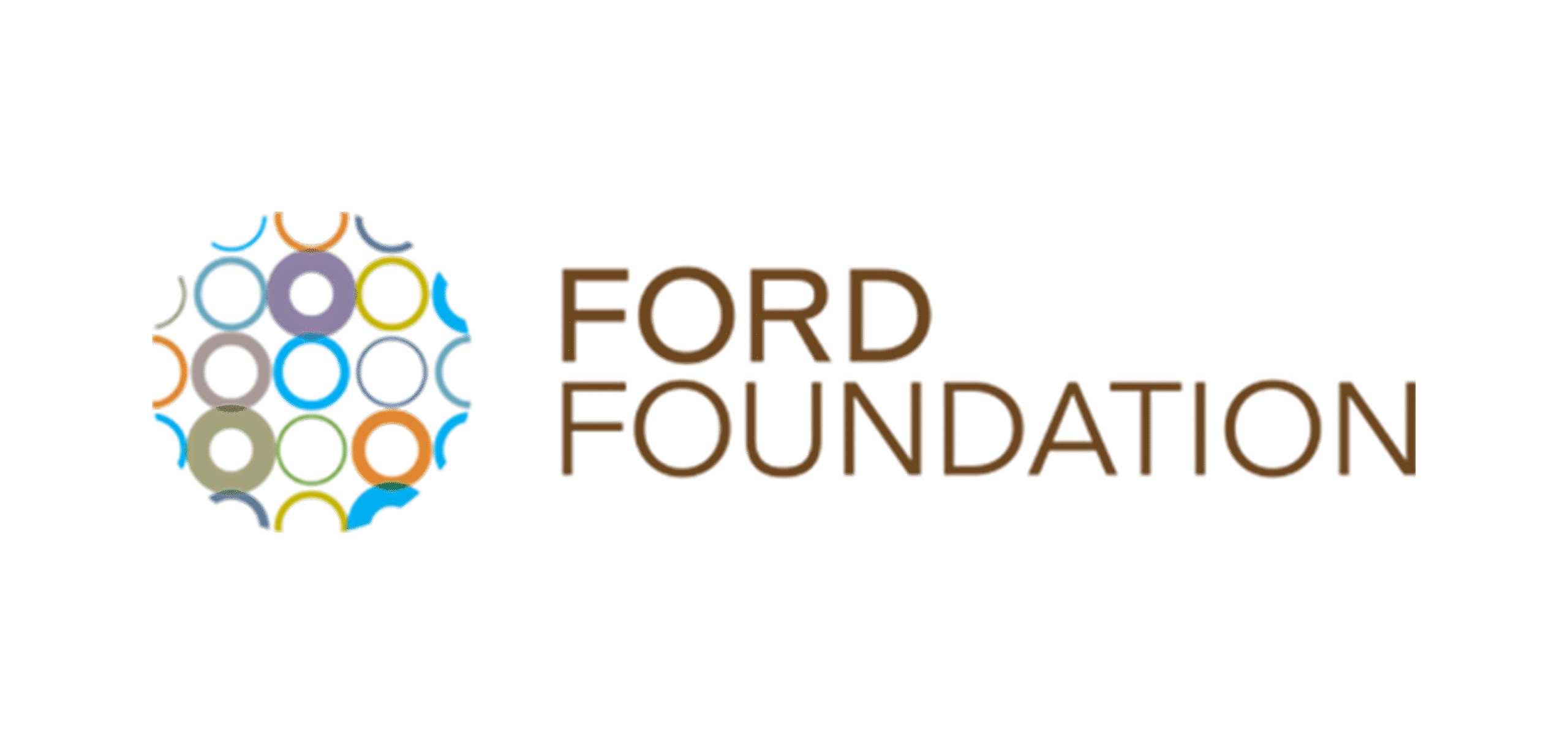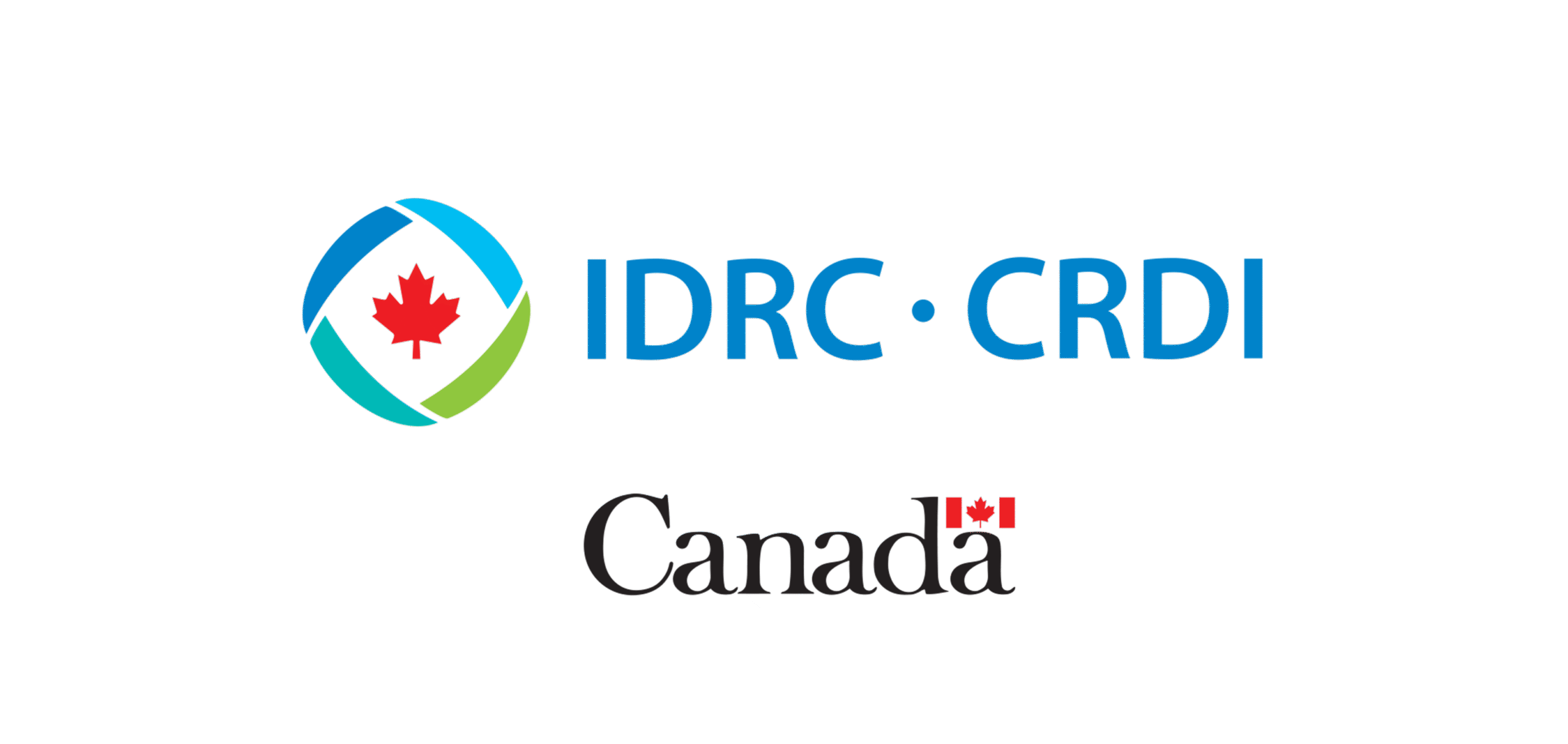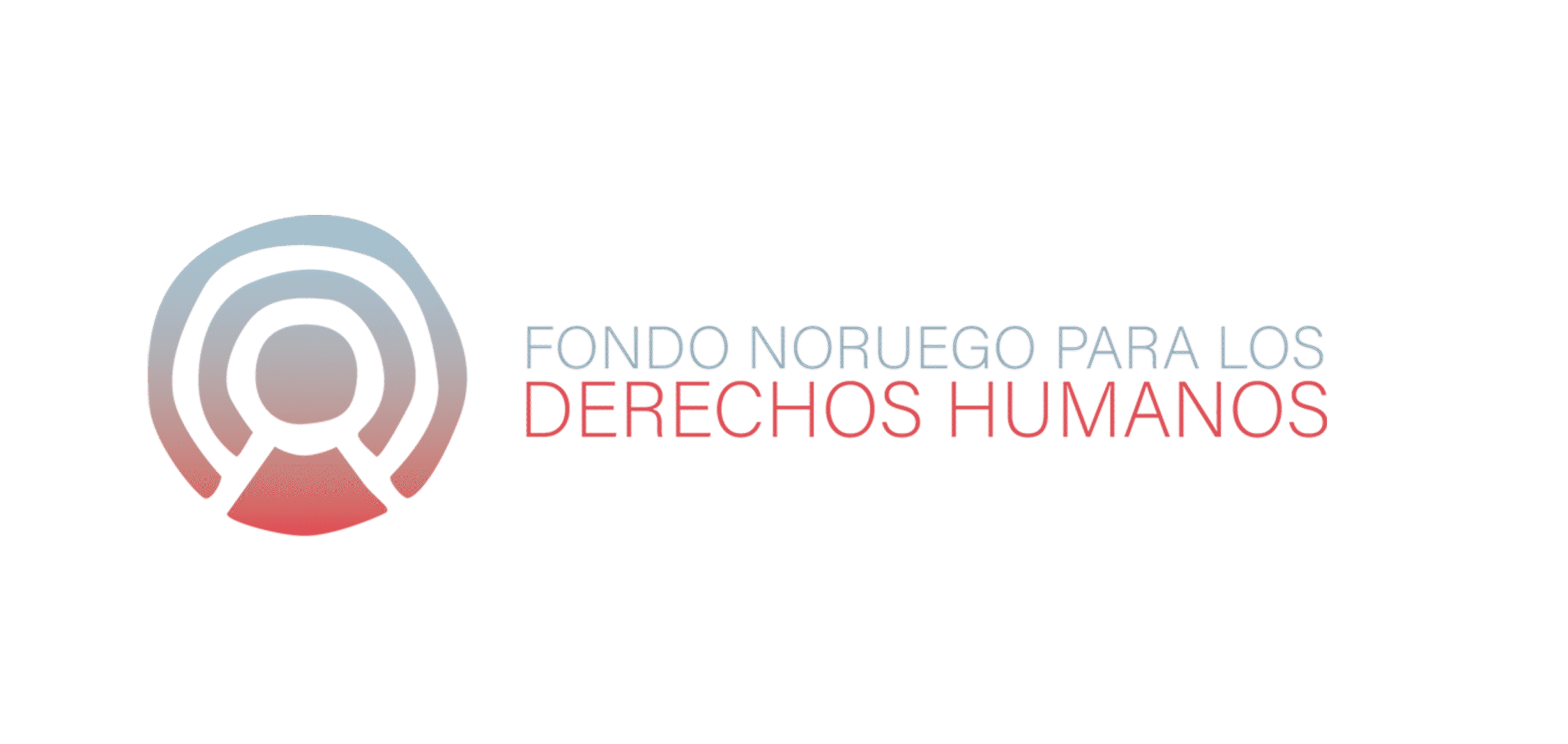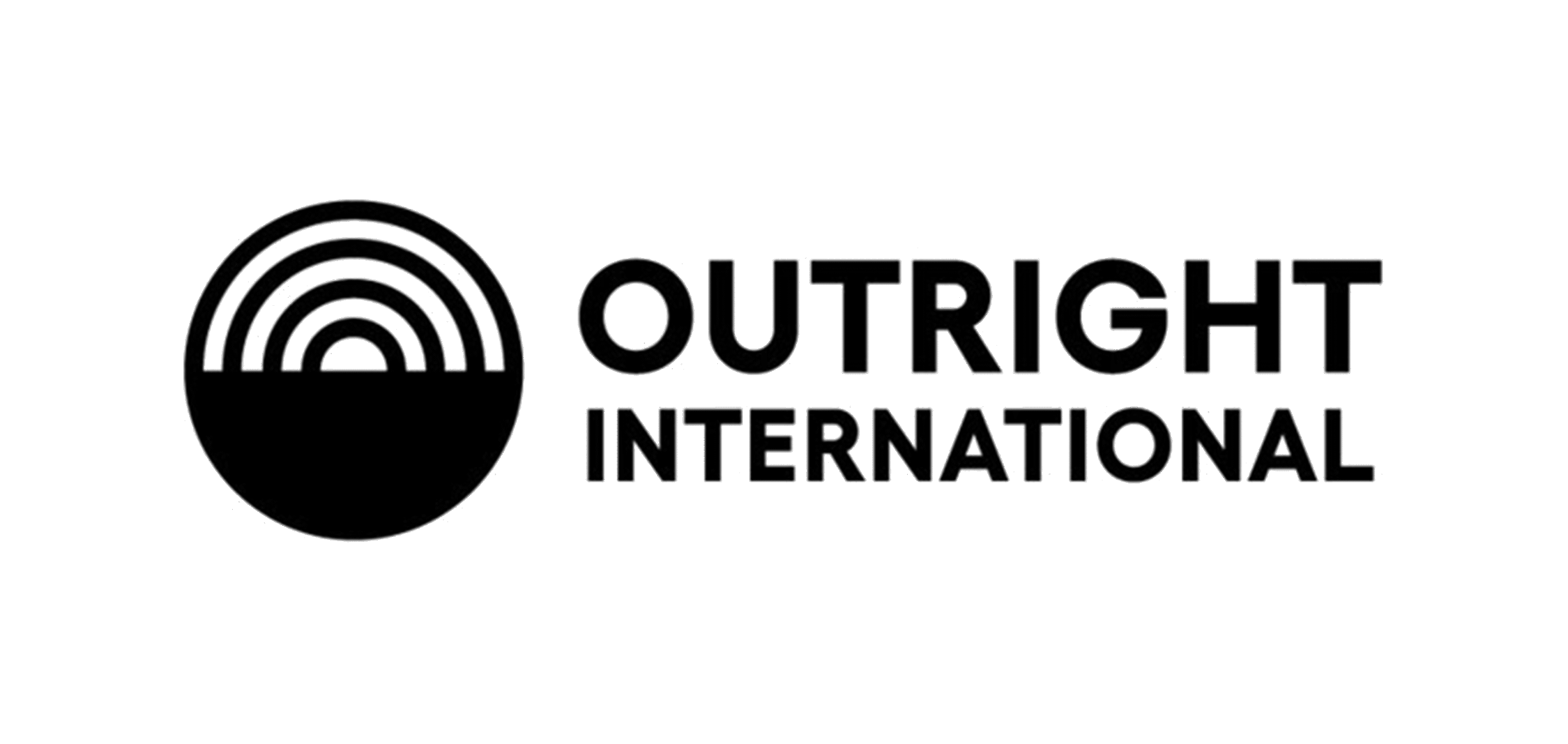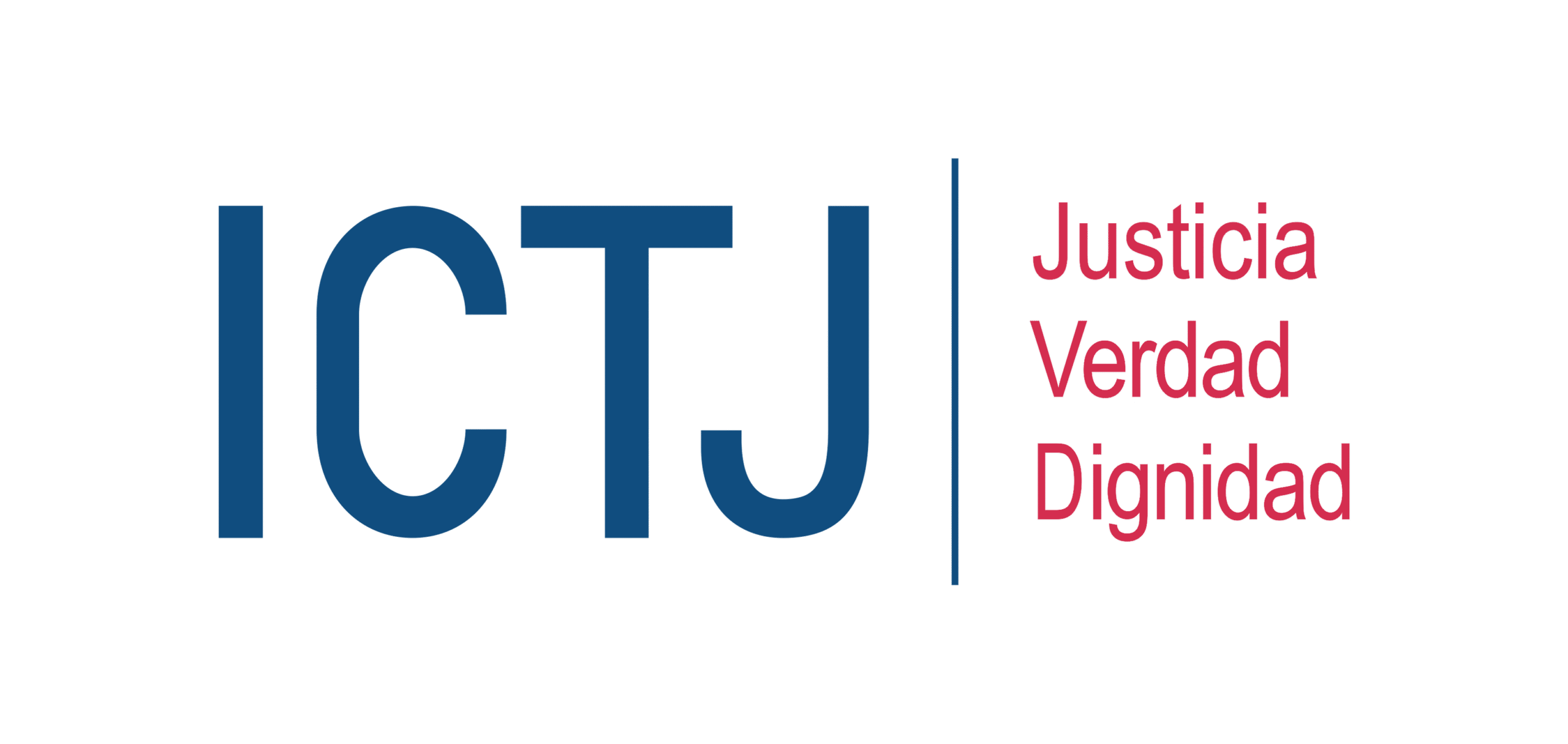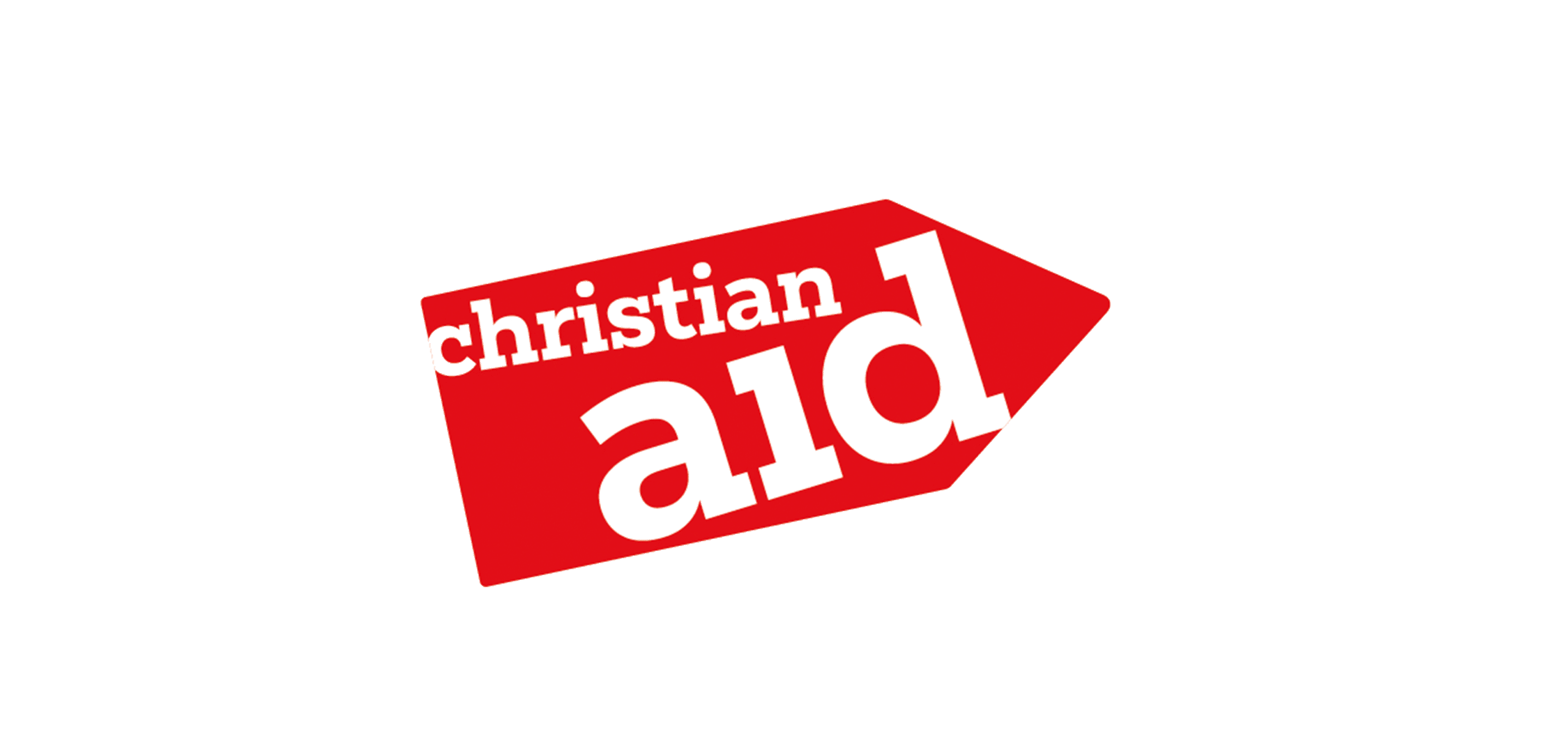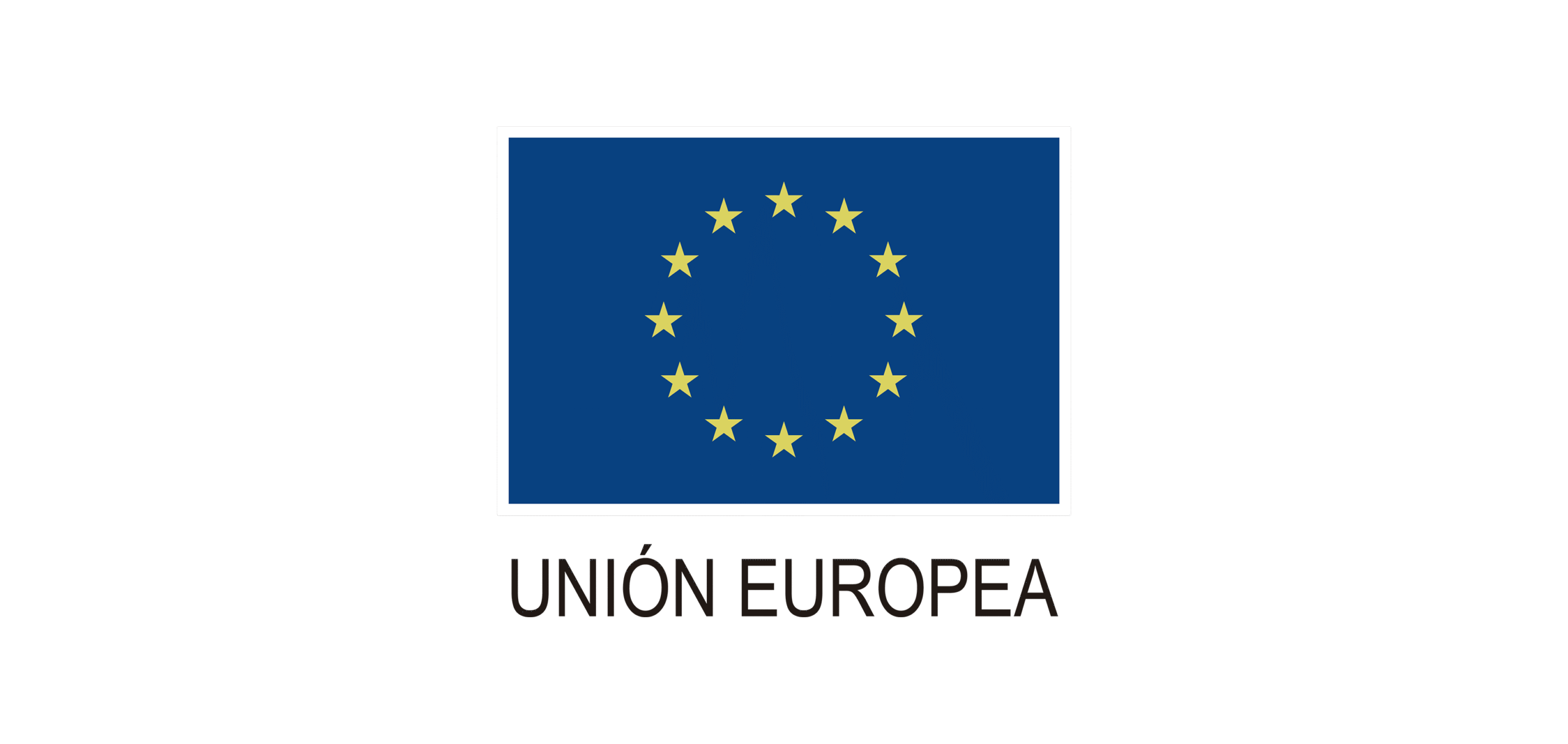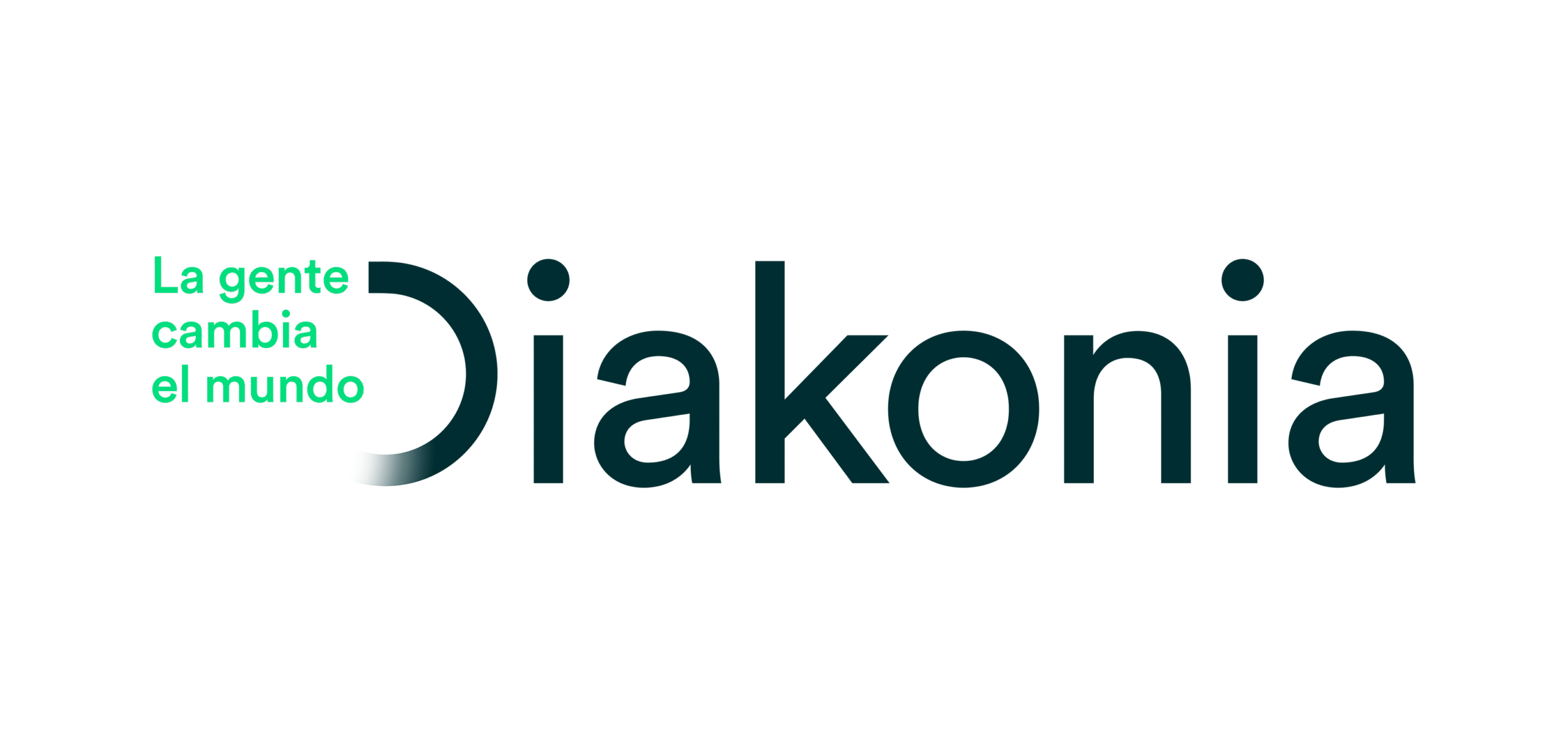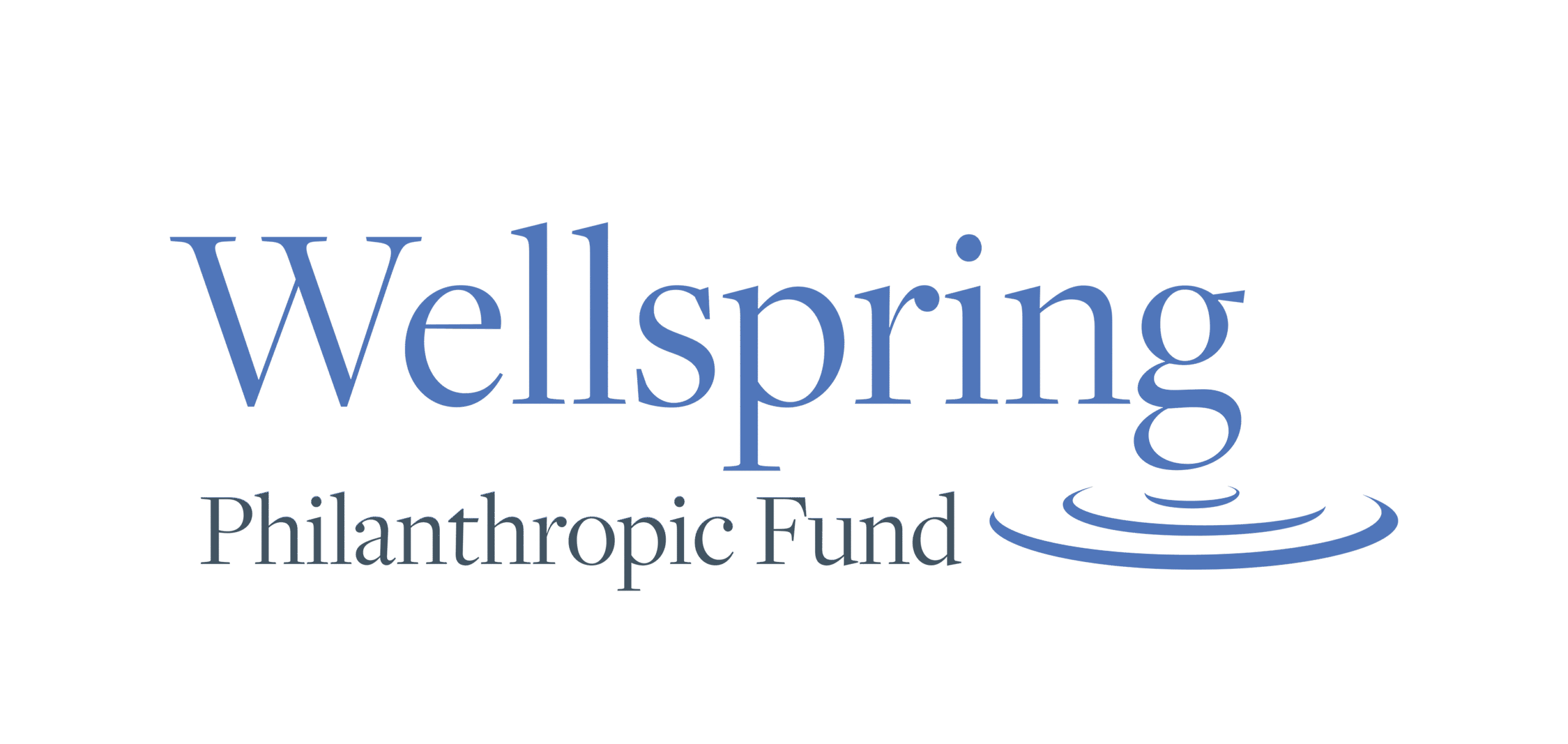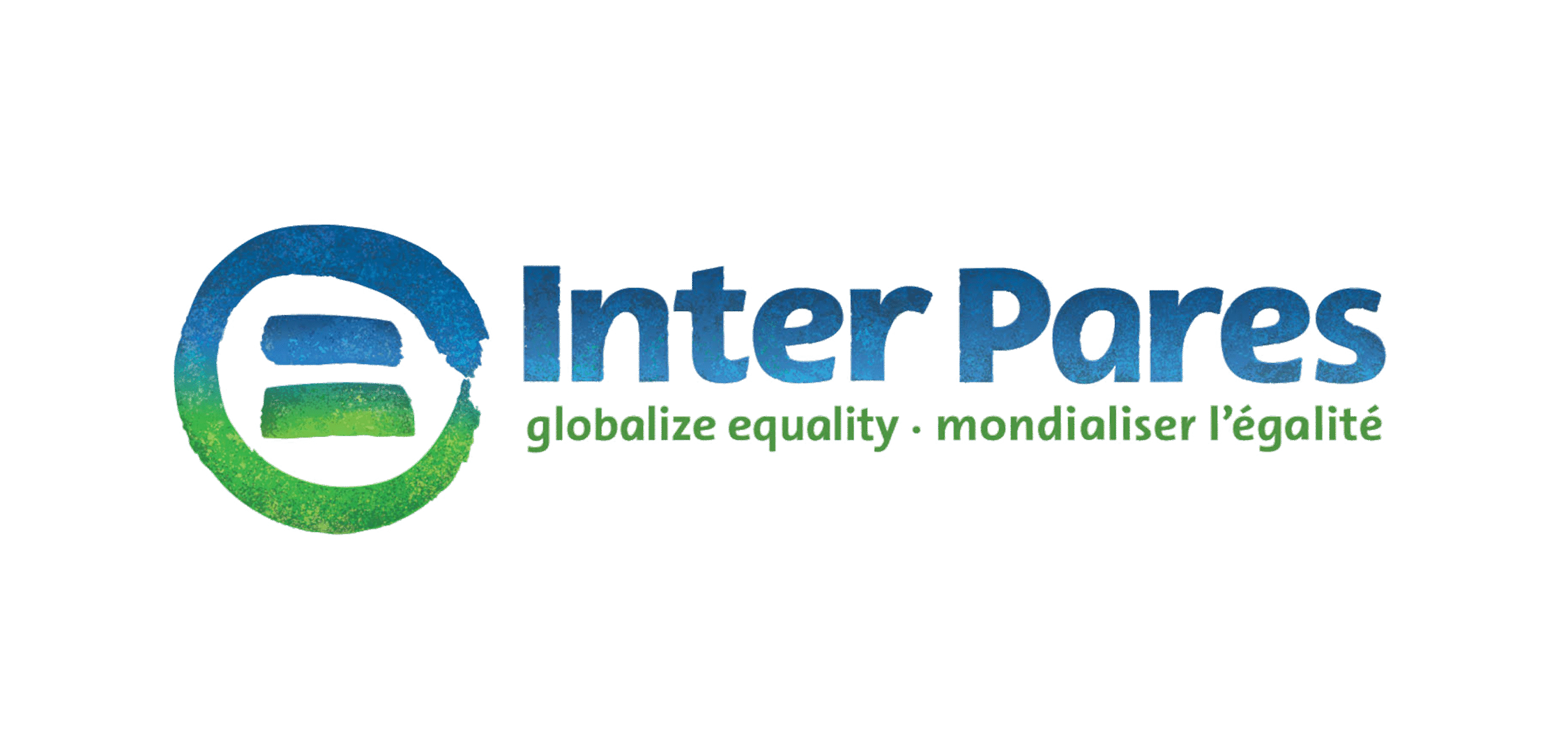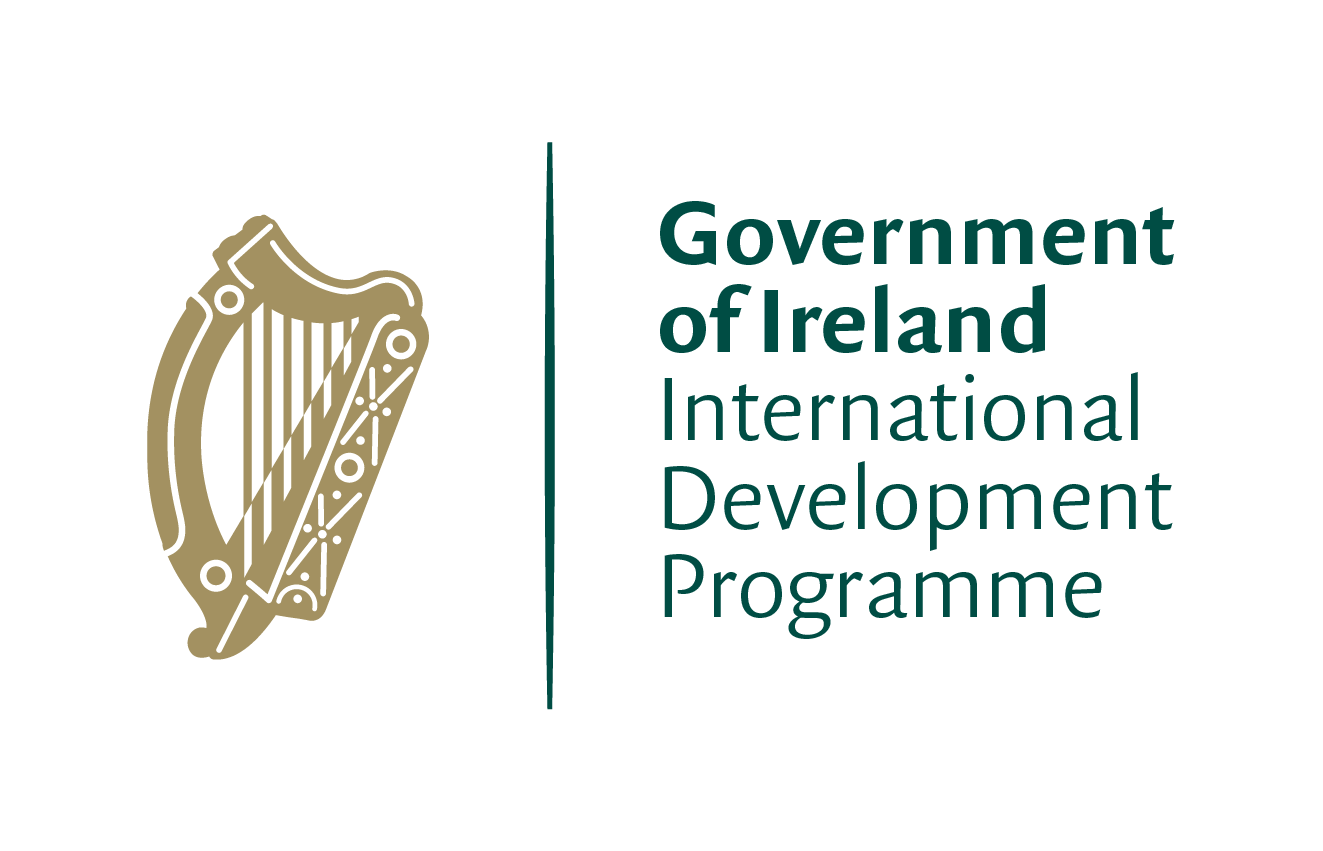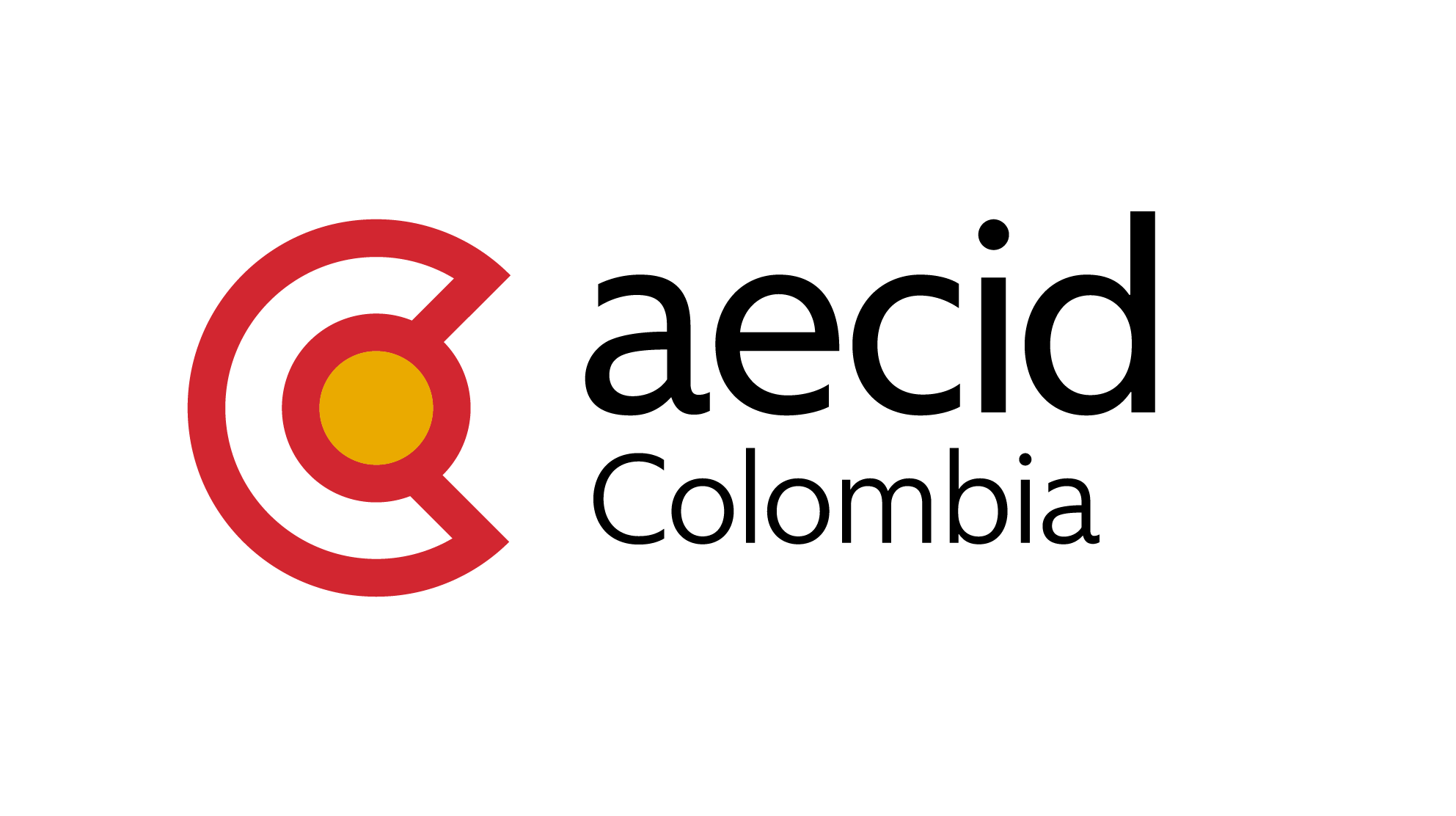The needs of lesbian, bisexual, trans and queer women have not been adequately included in peacebuilding. Although civil society has pushed for the implementation of the Women, Peace and Security agenda, the particular ways in which the rules of gender and sexuality have created or deepened certain risks for LBTQ women have not always been taken into account, causing their security needs to go unseen and unaddressed.
It has been thanks to the alliance work of LGBTIQ+ organisations with feminist organisations that we have progressively included this perspective. However, although we have found a genuine interest in including these intersectional perspectives, in many cases the institutions and civil society concerned do not know where to start or how to do it.
It is for this reason that the research project "Queering 1 the MPS agenda" - research funded by the British Academy led by Dr Jamie Hagen and Dr Anupama Ranawana, together with Colombia Diversa and Christian Aid Colombia - seeks to analyse how LBTQ women's participation in peacebuilding processes and, specifically, in the construction of national plans for the implementation of the MPS agenda, can be improved.
In Colombia, this project is taking place during a key political moment: it is the first time that our task is not to convince the government of the day that LGBTIQ+ lives matter and should not be stigmatised. With the new government (in particular with Vice President Francia Márquez, and Vice Minister of Multilateral Affairs of the Ministry of Foreign Affairs Laura Gil) there seems to be an opportunity to truly include LBTQ women in the participatory process for the construction of the first National Action Plan for the implementation of Resolution 1325 in Colombia.
It is time, then, to move forward on how to do this:
What does safety look like for LBTQ women?
What do the differentiated risks faced by LBTQ women look like?
What does prevention, protection, participation, relief and recovery look like for LBTQ women?
What does a participatory process that includes LBTQ women look like?
How to incorporate an intersectional view of the impacts and needs of LBTQ women?
How to articulate the work advanced in the MPS agenda of feminist organisations with the specific agenda of LBTQ women?
How to articulate the advances in the inclusion of LBTQ women in the MPS agenda with the peacebuilding work of LGBTIQ+ social movements?
In order to respond to these hows, we must weave long-term conversations between civil society organisations and institutions. On 12 October, we met with LBTQ women leaders who are peace builders in different parts of the country and feminist leaders who have worked to promote the Women's Peace and Security agenda from national and international bodies. This workshop was an enriching space in which, from different perspectives, we reflected on key questions to advance the inclusion of LBTQ women in this agenda. Among them were the need to question, consolidate and position the concept of queering as an adaptation of the term queering in the Colombian context; the question of a realistic but comprehensive concept of security for LBTQ lives, and the importance of strengthening feminist efforts with intersectionality from various spheres of the work of this social movement.
These questions will be answered in a toolkit that will provide practical inputs for the relevant actors in the realisation of this inclusion. We hope that this process is only the beginning of a sustained conversation with institutions and feminist organisations involved in the implementation of this agenda.

